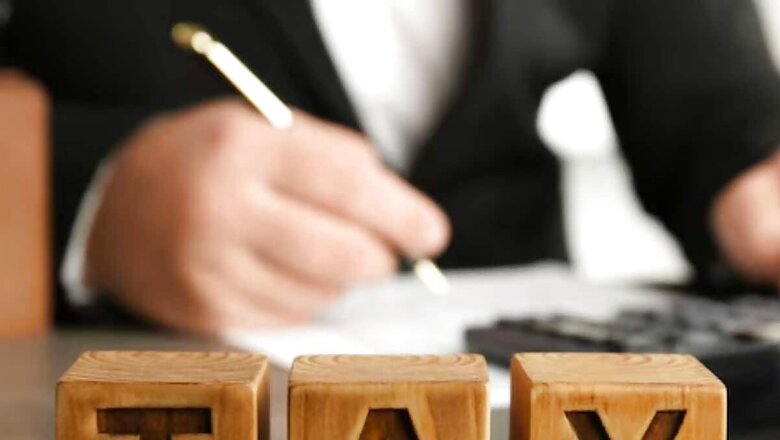
views
The government has notified October 1 as the starting date for the direct tax dispute resolution scheme Vivad Se Vishwas 2.0.
Vivad Se Vishwas scheme 2.0 was originally announced in Budget 2024-25 presented in July for resolution of certain income tax disputes pending appeal.
“The central government hereby appoints the 1st day of October, 2024 as the date on which the Direct Tax Vivad Se Vishwas Scheme, 2024 shall come into force,” the finance ministry said in a notification.
Finance Minister Nirmala Sitharaman in her Budget speech had said that the government will continue its efforts to simplify taxes, improve taxpayer services, provide tax certainty and reduce litigation while enhancing revenues.
Around 2.7 crore direct tax demands totalling about Rs 35 lakh crore are being disputed at various legal foras.
Deloitte India Partner Karishma R Phatarphekar said the rules and forms for VSV 2.0 are expected to be published imminently in the coming week.
“Given the limited time window, an informed decision on opting for the scheme should be made promptly,” Phatarphekar said.
Crucial For Companies
Phatarphekar underlined that with tax payment rates set to increase by 10% starting January 1, 2025, it is crucial for companies to evaluate their pending income tax litigations from both a cost-benefit standpoint and a broader non-tax perspective.
Who Can Avail This Scheme?
The scheme can be availed by taxpayers who have disputes/appeals, including writs and special leave petitions(appeals) whether filed by the taxpayer or the tax authorities are pending as on July 22, 2024 before the Supreme Court, high courts, Income Tax Appellate Tribunal, Commissioner/Joint Commissioner (Appeals).
It would also include cases pending before Dispute Resolution Panel (DRP) and revision petitions pending before the Commissioner of Income Tax.
The first ‘Vivad se Vishwas’ scheme for cases under the direct taxes was brought out by the government in 2020. About 1 lakh taxpayers availed the scheme and government earned taxes of about Rs 75,000 crore.

















Comments
0 comment